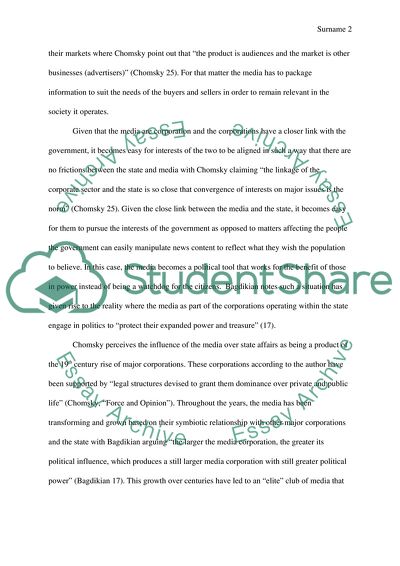Cite this document
(Ethics and Media Essay Example | Topics and Well Written Essays - 1500 words, n.d.)
Ethics and Media Essay Example | Topics and Well Written Essays - 1500 words. https://studentshare.org/media/1832868-ethics-and-media-paper
Ethics and Media Essay Example | Topics and Well Written Essays - 1500 words. https://studentshare.org/media/1832868-ethics-and-media-paper
(Ethics and Media Essay Example | Topics and Well Written Essays - 1500 Words)
Ethics and Media Essay Example | Topics and Well Written Essays - 1500 Words. https://studentshare.org/media/1832868-ethics-and-media-paper.
Ethics and Media Essay Example | Topics and Well Written Essays - 1500 Words. https://studentshare.org/media/1832868-ethics-and-media-paper.
“Ethics and Media Essay Example | Topics and Well Written Essays - 1500 Words”. https://studentshare.org/media/1832868-ethics-and-media-paper.


